Hunter Davies: 'I lost thousands in Equitable, but my £5k London home is now worth £3m'
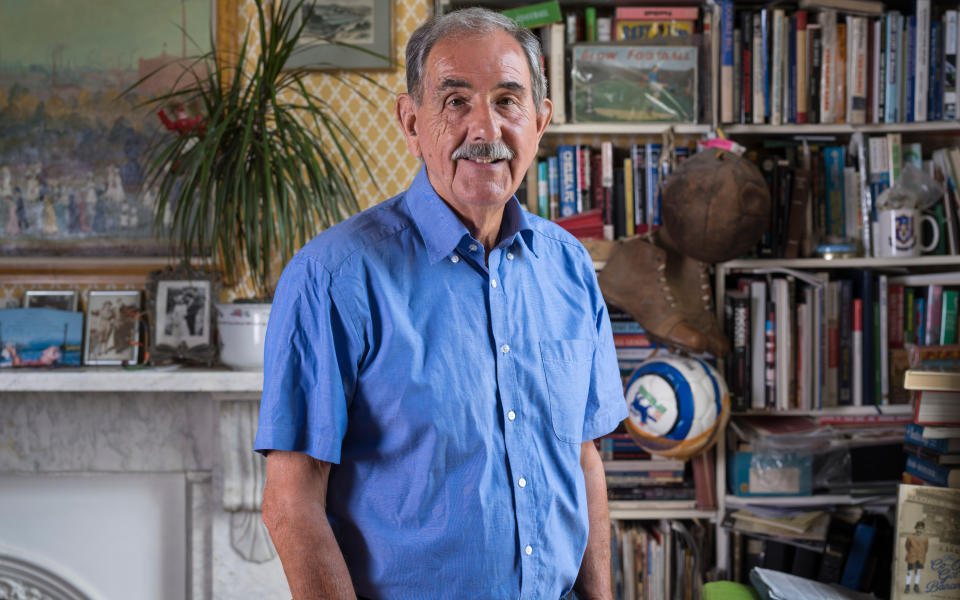
Hunter Davies, 81, is a journalist and author, perhaps best known for writing the only authorised biography of The Beatles.
An avid collector and football fan, he was appointed an OBE in 2014 for services to literature.
He lives near Hampstead Heath, London, in the house he shared with his wife, the writer Margaret Forster, who died last year.
He has three children and four grandchildren.
How did your childhood influence your work ethic and attitude towards money?
We had no money in our family. My father, who had multiple sclerosis, was bed-bound for most of my childhood, and he died when I was 20.
Looking back, I wonder how my mother coped with four children. I don’t even know how she paid the rent for our council house in Carlisle.
I can only assume that when my father left the RAF as a pay clerk, he had some sort of pension.
My parents couldn’t afford pocket money, so it incentivised me to earn, and that has stayed with me. I’m a workaholic.
What was your first job?
I had four jobs as a teenager. I was a paper boy and used to get up at 5am to deliver the morning newspaper.
I also delivered groceries on a bicycle, as well as the Christmas post on foot.
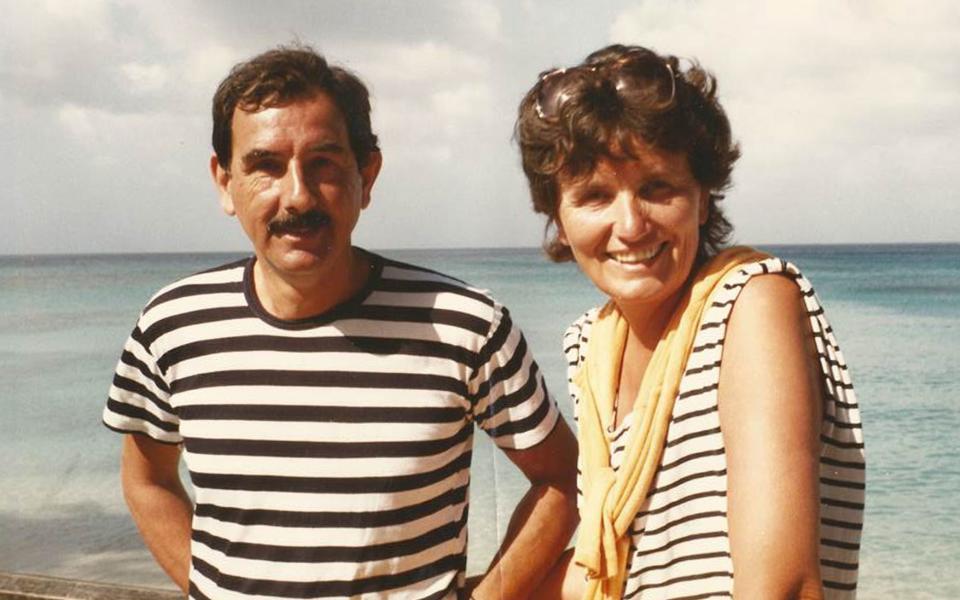
I can’t remember what I was paid, but it was enough to buy myself a Raleigh Lenton sports bike.
After going to Durham University, I took a holiday job as a bus conductor.
Has there ever been a time when you worried how you’d pay the bills?
No. When I started as a graduate trainee reporter on the Manchester Evening Chronicle in 1958 I was paid £14 per week, which was more than my father got in his lifetime.
In 1960, the year I married Margaret, I joined the Sunday Times and she was working as a teacher.
We were renting a flat for £6 a week in Hampstead and within 18 months, with no help from our parents, we saved £1,500 – roughly a third of the value of the house we wanted.
Can you imagine two young professionals achieving that today?
Was there an obvious financial turning point in your career?
We had three miraculous years between 1965 and 1968 when between us we made about £100,000.
First came Margaret’s bestselling novel Georgy Girl, which became a hit film and for which she wrote the screenplay.
That year I also brought out a novel, Here We Go Round the Mulberry Bush, for which I, too, wrote the screenplay for the film.
This, in turn, led to me writing the only authorised biography of The Beatles when, in 1968, I met Paul McCartney to discuss him providing the theme song for the film.
When I suggested I write a book about the band, he liked the idea and advised me to get Brian Epstein’s approval, which I did.
Margaret and I celebrated our financial good fortune with a year’s sabbatical in Malta and Portugal.

What are your sources of income?
Books and journalism – books are my most lucrative revenue stream.
I work on my books Monday to Friday, my journalism Saturday and Sunday.
I had three books published last year and I’m bringing out another two this year – the second volume of my autobiography and my wife’s schoolgirl diaries, which I’m editing.
I’ve written 97 books in total, if you include children’s books, collections of my newspaper columns and books I’ve edited. I also have three regular newspaper and magazine columns.
What has been your best financial decision?
Marrying my wife.
Not only did she deter me from buying stupid things, she was so clever and brilliant that she gave me more confidence and invested me with reflected glory.
I was so proud and pleased to be married to her.
How much did you pay for your home and what is it worth now?
We paid £5,000 for our Victorian house in Dartmouth Park, north London, and it’s now worth around £2-£3 million.
The area was working-class when we moved in and the house was on the wrong side of Hampstead Heath.
It also came with a tenant who took years to move out.
It’s now a sought-after area. Ed Miliband lives nearby and Benedict Cumberbatch is moving in opposite him.
How many properties do you own?
Just one. We used to have a house in Portugal that we gave to the children a decade ago.
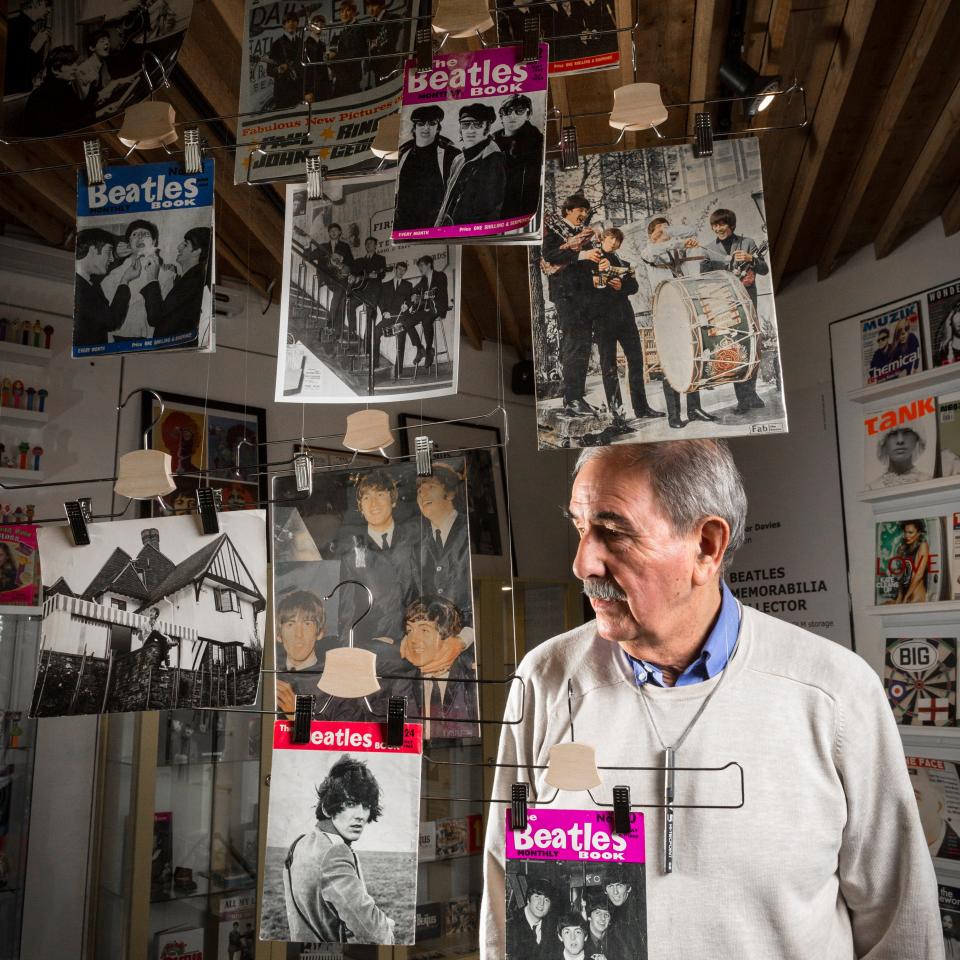
We also had a flat in London to put our sitting tenant in, and a Victorian Lakeland house where we lived from May to October for 30 years.
After Margaret’s death, I couldn’t face living there alone so I sold it last July for £650,000.
All the properties I’ve bought have been brilliant investments.
What is your most treasured possession?
It’s impossible to pick one because I am a mad collector – from football to Beatles memorabilia.
I consider all of my possessions treasures, although I’ve never collected anything as an investment.
Since selling our house in Cumbria, I’ve been scaling down my possessions.
Last September I sold my collection of books, original sketches and portraits by the renowned Alfred Wainwright for £14,500; Beatrix Potter pieces, including first editions of The Tale of Mrs Tiggy Winkle and The Tale of the Flopsy Bunnies, for £4,000; and paintings by Cumbrian artist Sheila Fell for £63,100.
In May, I auctioned my collection of football memorabilia, which fetched £5,000.
Have you donated any important items from your collections?
I’ve given five letters from Beatrix Potter to the Armitt Library in Ambleside, I’ve donated Wainwright memorabilia to his official archives, and I’ve presented my most valuable Wordsworth book, probably worth about £3,000, to the Wordsworth Trust that looks after Dove Cottage, the poet’s former home in Grasmere.
Handwritten lyrics to nine Beatles songs, including I Want to Hold Your Hand and Yesterday, given to me by the band in the Sixties, reside in the British Library.
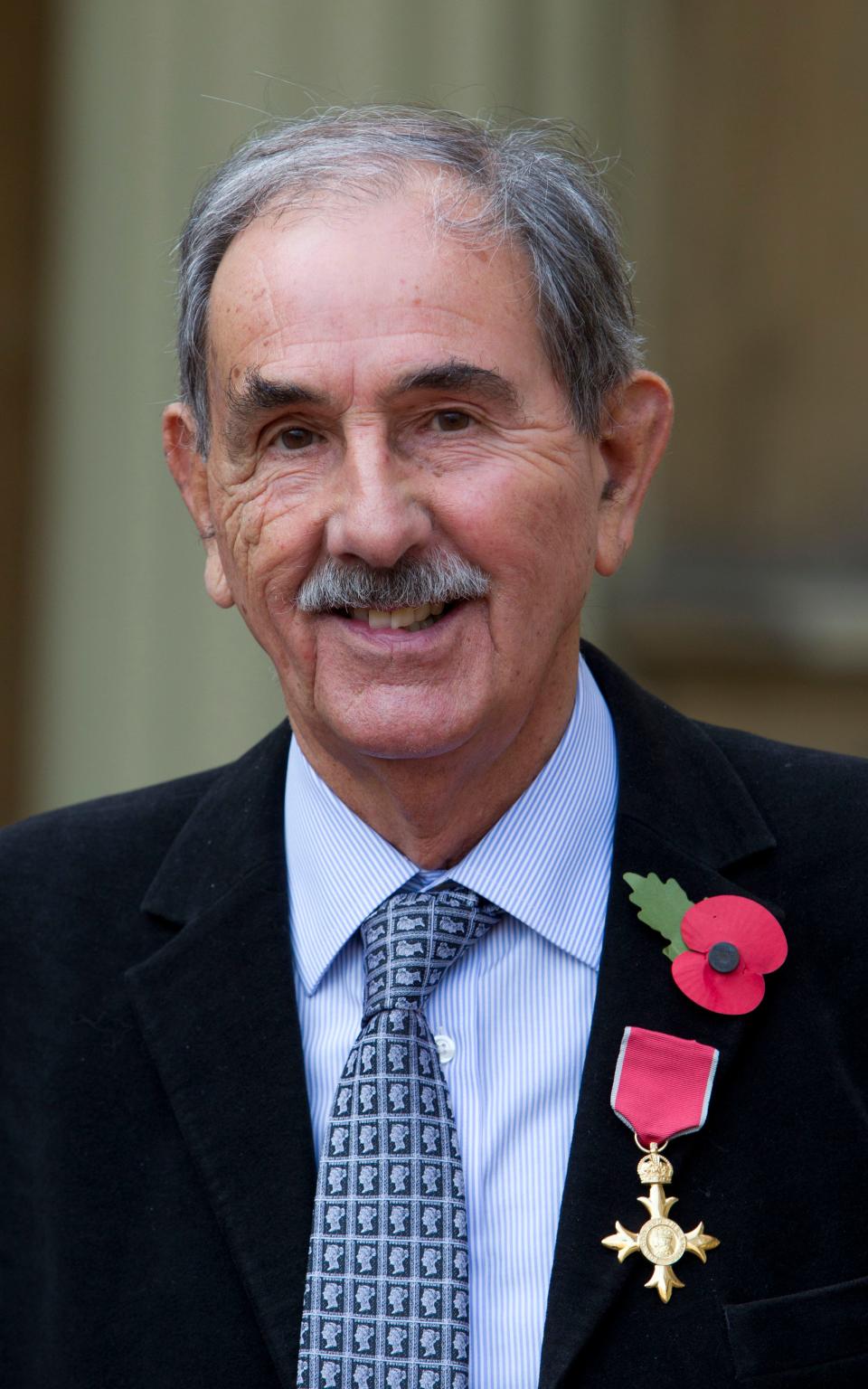
I’m hoping to donate my collection of Tottenham Hotspur memorabilia to the new stadium at White Hart Lane, but I’m still negotiating. I don’t want any money, but I’d like two season tickets for life.
What is your greatest luxury?
Beaujolais – I drink a bottle a day. Once a month I buy 36 bottles at Morrisons.
The checkout girl always asks if I’m having a party and I reply that they’re just for the weekend.
Are you a spender or a saver?
For the best part of 60 years, I’ve been a saver – tight as hell.
Unlike my late wife, I’ve always gone for bargains, opting for cheap fruit from stalls, even though it’s usually mouldy by the time I get it home.
Perhaps it’s a legacy of my wartime childhood. Now, I am trying to spend – either on my family or on charities.
Which charities do you support?
I recently gave £50,000 to Marie Curie because Margaret died in one of their hospices.
The last four weeks of her life, when she was dying from cancer, were made pleasant by them and it didn’t cost us a penny.
I’ve also given £50,000 to the Cumbrian Community Fund.
Some years ago we gave the royalties from 10 of our books to Amnesty International, Marie Curie and the Multiple Sclerosis Society.
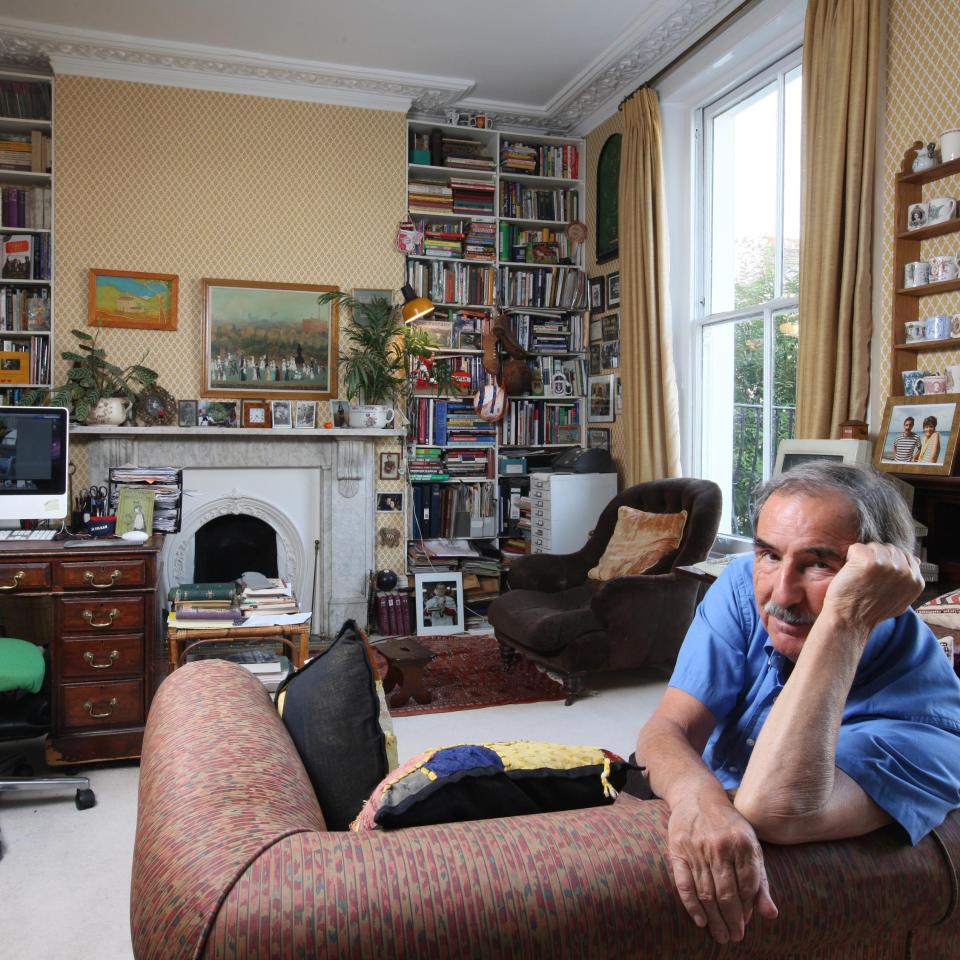
Instead of us taking advances, the books became the charities’ copyright and we worked for nothing.
Do you have any plans to retire?
I will work until I drop – or the beaujolais gets me. If I don’t achieve something in a day, I feel a failure and don’t deserve to enjoy myself.
Do you have a personal pension?
I lost tens of thousands in Equitable Life because I put in the maximum every year.
What a mistake! So much for financial advisers.
I got a small percentage back and all my pensions have been transferred to Prudential and seem to be doing OK.
A Life in the Day by Hunter Davies is published by Simon & Schuster at £16.99.


 Yahoo Finance
Yahoo Finance 